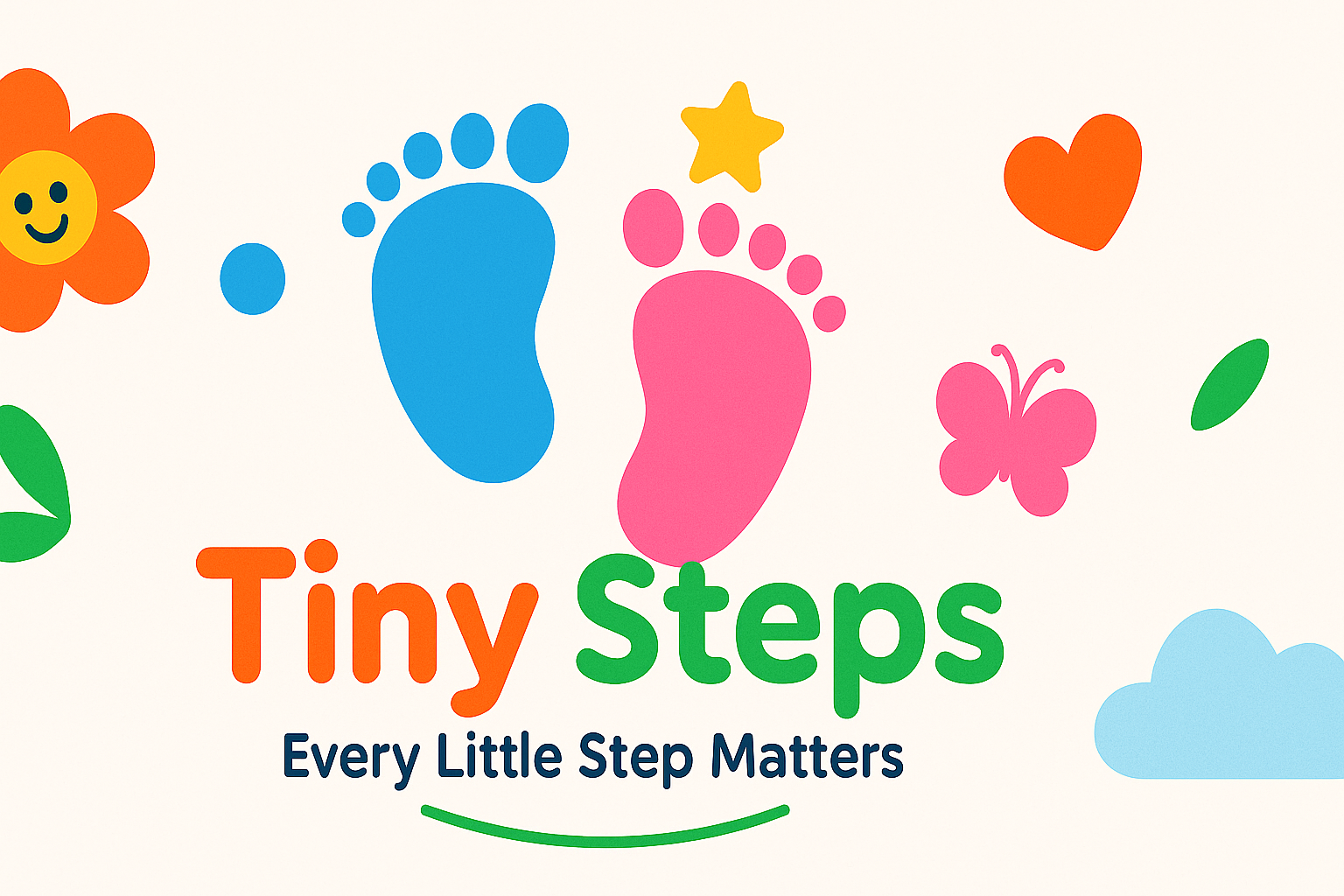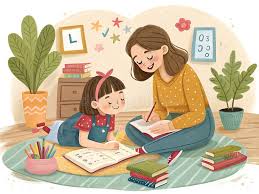Screen Time and Toddlers: What Parents Really Need to Know
Author: M. Sharanya
In today’s digital world, screens are everywhere—phones, tablets, TVs, and more. For parents of toddlers, screen time can feel like both a blessing and a concern. While a few minutes of cartoons may provide a needed break, many parents wonder how much is too much and what kind of screen time is actually healthy. This blog breaks down what the research says and how to make smart choices for your toddler.
Contents
How Much Screen Time Is Too Much?
The American Academy of Pediatrics (AAP) recommends avoiding digital media (except video chatting) for children younger than 18 months. For toddlers aged 18–24 months, screen time should be limited and supervised. Children 2–5 years old should have no more than one hour of high-quality programming per day.
The Risks of Excessive Screen Time
- Delayed Speech: Too much screen time can reduce time spent on interactive conversation, affecting language development.
- Sleep Disruption: Screens before bedtime can interfere with a toddler’s sleep patterns.
- Behavioral Issues: Overstimulation from fast-paced content may increase irritability and reduce attention spans.
What Counts as “Good” Screen Time?
Not all screen time is harmful. Educational content that is age-appropriate and interactive (like “Sesame Street” or guided learning apps) can support early learning. The key is to co-view and talk about what your toddler is seeing to make it meaningful.
Healthy Screen Time Habits for Families
- Create a screen schedule or limit daily viewing time.
- Watch together and engage in discussion about the content.
- Choose slow-paced, simple, and interactive content.
- Keep screens out of bedrooms and away from mealtime.
- Model healthy screen use by limiting your own device time.
Alternative Activities for Toddlers
Instead of screens, encourage activities that promote development, such as:
- Outdoor play and movement
- Storytime and reading books
- Sensory play with simple materials
- Building with blocks or creative toys
- Music, dancing, and singing
Final Thoughts
Screen time isn’t all bad—it’s about balance, supervision, and choosing the right content. With mindful habits and lots of offline play, you can help your toddler grow in healthy, creative ways. Remember, connection and engagement matter more than the screen itself.





